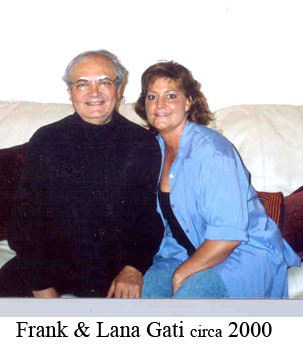- From what does "the way" start?
- The law of accident.
- Kinds of influences.
- Influences created in life.
- Influences created outside of life, conscious in their origin only.
- The magnetic center.
- Looking for the way.
- Finding a man who knows.
- Third kind of influence: conscious and direct.
- Liberation from the law of accident.
( No one can escape the laws of the Universe.
See Glossary)
- "Step", "Stairway" and "Way."
- Special conditions of the fourth way.
- Wrong magnetic center is possible.
- How can one recognize wrong ways?
- Teacher and pupil.
{Nowdays we trust very few to be our teachers, but there was a time when such relationships
(teacher and pupil) were comon even in Europe.}
- Knowledge begins with the teaching of cosmoses.
- The usual concept of two cosmoses: the "Macrocosmos";
and "Microcosmos."
- The full teaching of seven cosmoses.
- Relation between cosmoses: as zero to infinity.
- Principle of relativity.
- "The way up is at the same time the way down."
- What a miracle is.
(See Janet's article, but it's not available just yet.)
- "Period of dimensions."
- Survey of the system of cosmoses from the point of view of the
theory of many dimensions.
- G's comment, that "Time is breath."
- Is the "Microcosmos" man or the "atom"?
|
 Return
chapter#9
Chapter#11
Return
chapter#9
Chapter#11